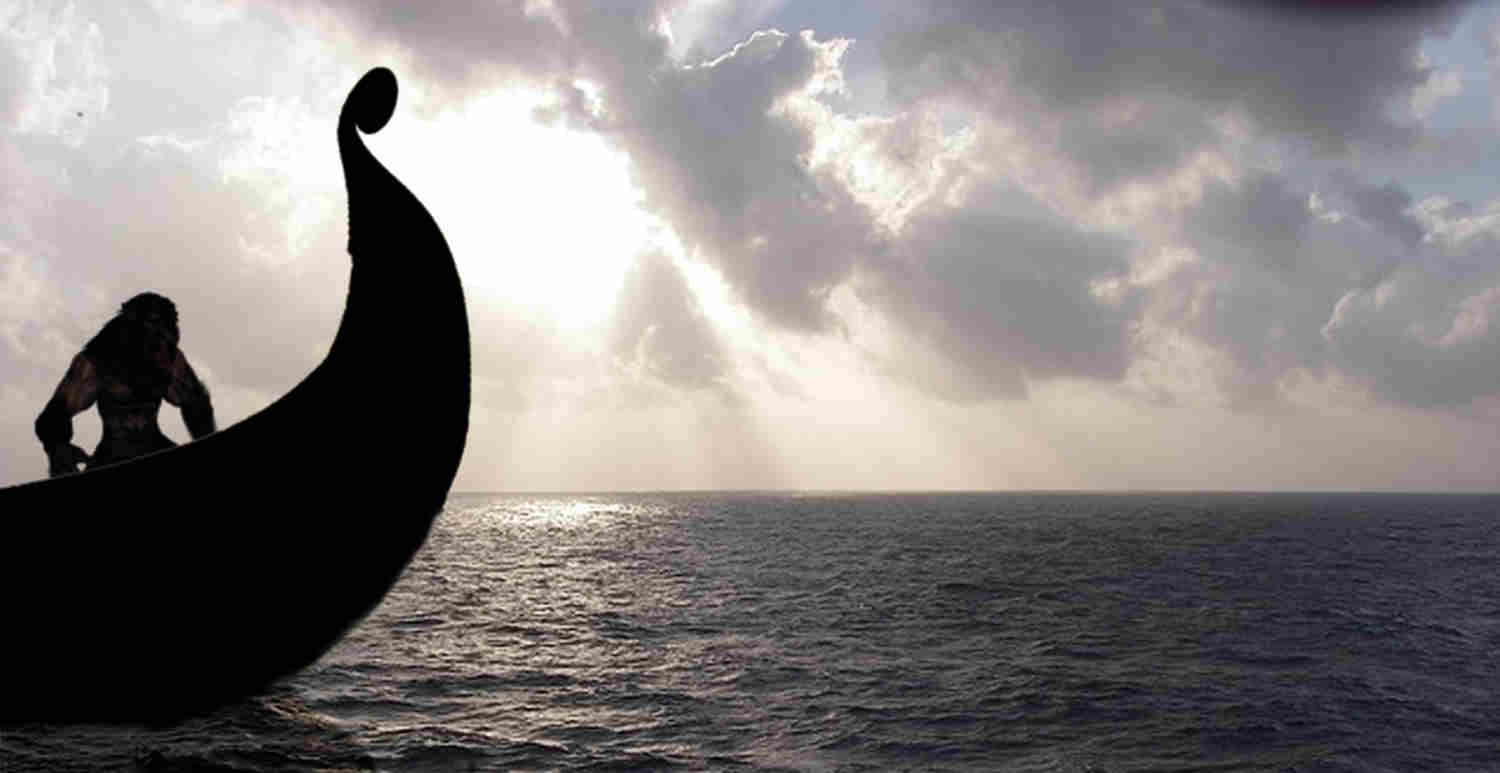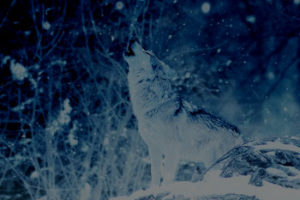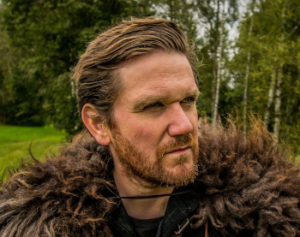Stian’s heart pounded in his chest and a seagull shrieked from somewhere above. He knew what he had to do. This was his chance, his one and only chance.
It would never be offered again.
Throwing his cloak from his shoulders, Stian dove into the chilly water, down down down into the tar, clawed fingers outstretched, grasping, grasping, until finally making contact with the tangled tunic of Josva, and those little roped hands. Gathering the child in his arms, he turned around and kicked his feet with rapid, brute strength, reaching the surface within seconds; oxygen filling their lungs the next.
Josva coughed and sputtered but he hadn’t been under long enough to inhale the water. Great relief coursed through Stian’s veins—it wasn’t too late—it wasn’t too late. There’d been no second chance with Hevel—there was with Josva.
Treading water, Stian lifted the boy up over the edge of the boat and helped him in, then pulled himself up over the edge as well. Standing upright, water splattering the floor at his feet, he reached out toward the boy to untie the rope, and stopped short.
His hands.
Peach-colored hands, a touch of flaxen hair on the back, short translucent nails.
He reached up and touched his face—a square jawline and trimmed beard, a smooth strong nose, a flat forehead, wavy hair—he pulled it forward so he could see—it was flaxen too. The coarse wolf fur, gone, the chimp schnoz, gone. The serrated teeth, gone. He looked down at his feet, tore off a boot. More peach-colored flesh and neatly trimmed nails.
He was . . . a man.
No longer a beast.
“Josva,” he cried, cutting the rope from the boy’s wrists, “the spell has been broken! Look at me, look at me!” Barely able to contain himself, he rooted through the crates feverishly until he’d found smallish, dry clothing, which he gave to the child, as well as a warm woolen cap and leather-bound boots. “Put these on,” he said, beaming. “I’m taking you home.”
Josva gaped at him but didn’t say a word. He took the clothing and went behind a crate to change out of his sopping ones, all the while keeping an eye on Stian. When he was dressed and warm and back at his seat under the mast, the tiniest smile formed on his lips, eyes alight.
Stian tossed his hooded cloak overboard, sat down, and picked up the oars. He shook out his shoulders. The headache and swelling in his jaw was completely gone: he felt as though he’d just been born. Strength coursed through his veins as he turned the boat around and set course for Norway. His health restored, he was able to row with twice the intensity he’d had before, making for much faster progress; the midnight sun lighting the way and a welcome wind pushing the sails.
Eventually the coast came into view, distant snow-capped mountains lit by the shimmering light of dawn. Those treacherous mountains where he’d first been changed into a beast.
When his crew had left him bound hand and foot on the water’s edge that winter’s eve, he’d found a sharp rock on the outcrops, and tediously worked at the ropes until they broke free, his gloved fingers nearly frostbitten. After that, he headed deep into the forest, looking for shelter, perhaps a cabin with lantern-lit windows where he might find some hot soup and a place to sleep. But wherever he was that lonely polar night, it seemed far from any human being.
Ancient pines loomed above him, their snow-laden boughs barely discernible against a starry, onyx sky. It was cold, so cold. He hugged his overtunic around him, tugged down on the edges of his woolen cap. His toes were beginning to freeze in his boots as he trudged through the knee-deep snow. A crisp wind bit at his cheeks, a pack of wolves howling miles away; their otherworldly melody sending a chill up his spine.
Then came the sound of cracking ice.
At first he thought he’d unwittingly stumbled upon the surface of a frozen creek. If he fell through, there’d be no chance of recovery. He had no lantern and no means of lighting a fire.
The cracking sounded again, but not from beneath. He peered into the distance, palely suffused by light reflecting off the snow.
Someone or something was approaching him.
He stood stock still, wishing he had a weapon.
His mouth opened at the sight of her: a tall slender woman, fur-clad, skin porcelain, eyes blue like a husky, glittering armor, bow and arrows over her shoulder. Her hair billowed around her like a snow squall. She stopped walking and stood several feet away from him.
“I know who you are,” she said, looking down at him. “I know what you’ve done.”
He could only stare up at her, unable to move.
She pulled an arrow from its quiver and put it in the bow, stretching her arm back. “As it is in your heart,” she said, “so it will be on your face.”
The arrow released and he flew backwards into the snow as it shattered his breastbone and lodged in place. He waited a half second for the exploding pain that was sure to ravage him—but instead his body began to grow and shift, the arrow splitting in two and falling out. The iridescent goddess walked away, fading by degrees into the gloom. He lifted his hands, watched the nails grow into claws, coarse hair sprouting everywhere, protruding in tufts from every tear in his clothing. He felt the bones shift in his forehead, felt the expanding teeth slicing his lips as they settled in place. Blood dripped on the snow at his feet, his beast-like feet, the boots torn full away.
A melodic voice soughed in the pines, as haunting as a wolf cry.
“Be your brother’s keeper,” it had sung, “and the curse will end.”
At long last, Stian anchored his stolen sailboat on the same shore where he’d left behind Josva’s bloodied tunic two days before. The midday sun shone high in an azure sky, the summer air mild with a hint of delicious warmth. He helped the boy out of the boat and together they climbed up over the outcrop. The villagers would probably kill him for what he’d done, but he was determined to bring this child back to his mother, no matter the cost.
They took the foot trail that lead to the longhouses, and a familiar fence came into view. He put his hand on Josva’s shoulder and smiled down at him. Josva lifted his gaze, those walnut colored eyes crinkling with joy, and smiled back at him in return.
Stian knocked on the gate and the spitz dogs lifted their voices in a pandemonium of barking.
Within minutes, the gate was unlatched and the door opened by several villagers who recognized Josva instantly.
There was yelling and shouting and whoops of joy, a flurry of dogs around his ankles, the boy lifted up and set down again, one hug after another, and then there she was: Josva’s mother.
She approached from her home with uncertain steps, a shawl draped over one shoulder, a braid over the other, wide eyes reflecting the blue of the sky, and a flush in her cheeks. As soon as she glimpsed her son, she lifted her skirts and ran, fairly pushing people out of her way in her haste to reach him.
Within seconds she had her arms around the child, covering him in kisses, wetting his shoulders with her tears, the first tears of joy Stian had ever seen.
He stepped back from the boy and waited, waited for the people to take him into captivity. But what was this? There was some kind of mistake: they were thanking him. How could this be? Thanking him profusely for returning their child, inquiring as to where he’d found the boy and how he’d rescued him. They must think him a hero. “We thought he’d been eaten by a wild animal,” they explained. “We searched and searched the woods and coast for his remains, but found nothing but his tunic. His mother said she’d been attacked by a great beast, who tore up the ground in her house and dragged her child away.” They urged Stian to stay—they wanted to reward him, to feed him—but he extricated himself as gently and politely as he could, unable to answer such a bewildering plethora of questions.
He had somewhere else to be, he told them, and it was true. A new life awaited.
When he reached the anchored boat, rocking on gentle waves, he one by one emptied it of its cargo, leaving all the crates in piles on the shore for the villagers to find. His pillaging days were over. And when the boat was finally emptied, he set course, rolled up his sleeves, and began to row; sunshine glinting on the fine, flaxen hairs of his arms.
He was no longer a pirate with a heart of stone.
He’d been given a new one.
A heart of flesh.
The End.
Short stories licensed under Creative Commons Attribution-NonCommercial-ShareAlike. If you post these stories, please provide credit along with a link back to http://www.bekahferguson.com/
Names, characters, businesses, places, events, locales, and incidents are either the products of the author’s imagination or used in a fictitious manner. Any resemblance to actual persons, living or dead, or actual events, is purely coincidental.




Hi Bekah. I just wanted to say how much I enjoyed that story! I found it because I watch Category 5 and Robbie and the whole gang. I even chat with them during the show in the chat room some Tuesdays under the name of Songbird. Any how I am eager to find another one of your stories or books now. I really liked all of the trials of that story. Getting to know both Stian and Josva’s feelings through it all. And even though Stian was under a curse and very angry he learned to care for another person again. And I love a happy ending! Thanks so much for giving me and others the chance to read this. 😀
Hi Susan 🙂 Thank you so much for your comment, it’s so encouraging to receive good feedback.
I have another short story called “Garrin.” Here’s the link: http://www.bekahferguson.com/garrin/
Blessings to you!
-Bekah